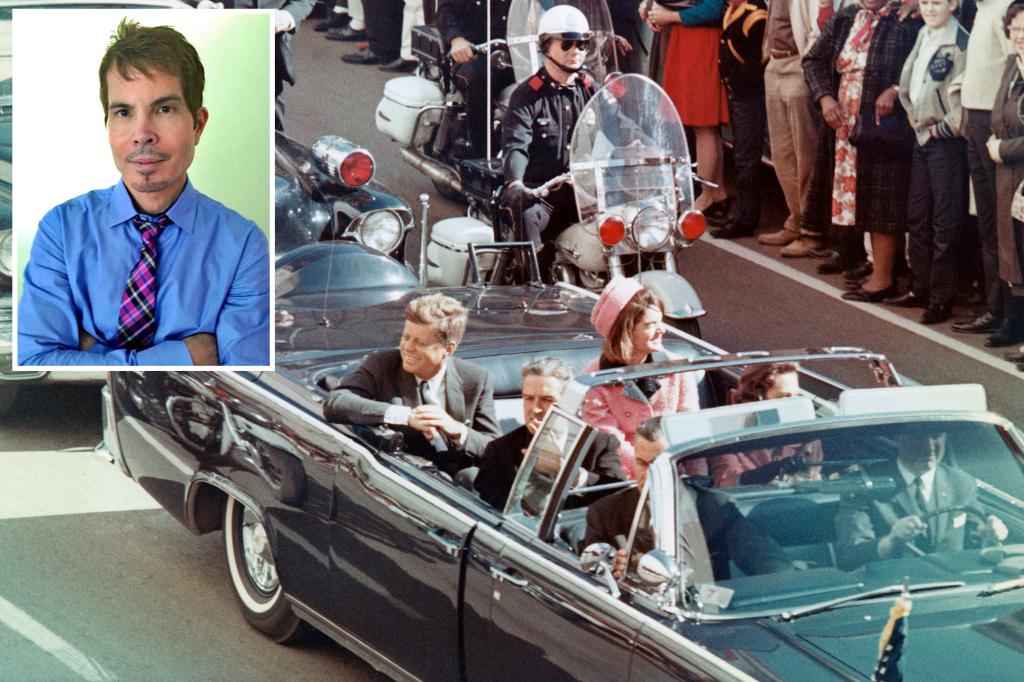The impending release of classified government files concerning the assassinations of John F. Kennedy, Robert F. Kennedy, and Martin Luther King Jr. has sparked public anticipation and speculation. Investigative journalist Gerald Posner, author of acclaimed books on these assassinations, believes the documents, while potentially revealing fascinating details, are unlikely to offer definitive answers to lingering conspiracy theories. Public fascination with these events stems largely from the secrecy surrounding the official investigations, fueling suspicion that the government is hiding crucial information. However, Posner cautions against expecting groundbreaking revelations that fundamentally alter the historical narrative. He anticipates that the files will primarily shed light on the inner workings of intelligence agencies and the political climate of the time, rather than expose a grand conspiracy.
Regarding the JFK assassination, the files may expose the CIA’s shortcomings in monitoring Lee Harvey Oswald, potentially revealing a breakdown in inter-agency communication similar to the intelligence failures preceding 9/11. The documents could also offer insights into Jack Ruby’s motivations for killing Oswald, although Posner doubts they will definitively link him to organized crime. While acknowledging the possibility of information regarding organized crime’s animosity towards the Kennedy brothers and their potential involvement in plots against Fidel Castro, Posner downplays expectations of revelations about the Kennedys’ personal lives, like alleged connections to Marilyn Monroe. Instead, he suggests the files might contain intriguing unpublished material related to William Manchester’s interviews with Jackie Kennedy or previously unseen autopsy photos. Ultimately, Posner believes that even if evidence existed to challenge the lone gunman theory, it may have been destroyed long ago.
The documents pertaining to Martin Luther King Jr.’s assassination are expected to reveal the extent of government surveillance on King, driven by FBI Director J. Edgar Hoover’s obsession with discrediting him. Posner warns that these files could contain personal details that might tarnish King’s legacy and that the government might choose to withhold such sensitive information out of respect for his family. FBI reports from that period alleged communist influence within King’s inner circle and documented accusations of moral impropriety, highlighting the agency’s efforts to undermine his reputation. These revelations, while potentially damaging to King’s image, provide context to the political climate and the intense scrutiny he faced from law enforcement agencies.
In contrast to the JFK and MLK cases, Posner anticipates that the RFK files will offer little new information. The assassination, committed by Sirhan Sirhan in front of numerous witnesses, leaves little room for conspiracy theories. Sirhan’s documented hatred for Kennedy’s pro-Israel stance provides a clear motive, making alternative explanations less plausible. The abundance of eyewitness accounts and Sirhan’s own written declarations reinforce the official narrative, diminishing the likelihood of undiscovered information significantly altering the understanding of the event.
Posner expresses his satisfaction with the decision to release the files, emphasizing the importance of transparency in historical matters. He acknowledges, however, that what he considers significant revelations might not hold the same weight for the general public. The release of these documents is a step towards greater public understanding, but the impact on established narratives remains to be seen. Posner anticipates the released information will be more nuanced and granular than many conspiracy theorists might expect, potentially focusing on procedural details and intelligence agency operations rather than explosive revelations of cover-ups.
Ultimately, the release of these files offers a unique opportunity to examine historical events through a clearer lens. While dramatic revelations may be unlikely, the documents promise to provide valuable insights into the intelligence community’s operations, the political climate of the era, and the complex circumstances surrounding these pivotal moments in American history. The public’s enduring fascination with these assassinations speaks to their profound impact on the national psyche, and the release of these files, however incremental the information, offers a chance to further grapple with these historical tragedies.
The long-awaited release promises to shed light on previously hidden aspects of these investigations, even if it falls short of providing conclusive answers to every lingering question. The documents will likely contribute to a deeper understanding of the historical context, the investigative processes, and the complexities surrounding these high-profile assassinations. While some may view the released information as anticlimactic, historians and researchers will undoubtedly scrutinize every detail, seeking new perspectives and potentially uncovering previously overlooked connections. The ultimate value of the released files will depend on the thoroughness of analysis and the willingness to engage with the nuanced information they contain, potentially opening new avenues of historical inquiry.


